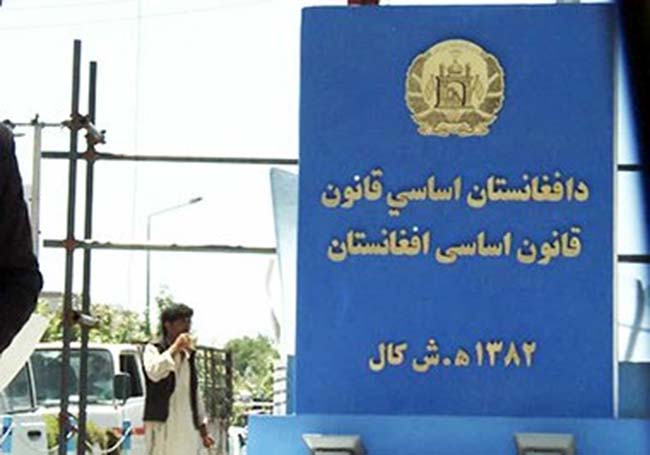Law is established to ensure social justice and protect the citizens’ fundamental rights namely their rights to life, liberty and estate. In natural state, which is void of law and order, “man is man’s wolf” and people bullied one another in the worst possible way. Besides restricting the individuals’ freedoms, law is intended to humanize the society, eradicate violence and bloodshed and alleviate the anguish and sufferings of mankind.
The gladiatorial games conducted in 264 BC, reveal the men’s tendency towards violence and cruelty. Gladiators were, mostly, prisoners of war, slaves bought for the purpose, or criminals condemned to serve in the schools. However, free men also volunteered to be gladiators and, by the end of the Republic, comprised half the number who fought. Often, they were social outcasts, freed slaves, discharged soldiers, or former gladiators who had been liberated on retirement but chose to return for a period of service. They signed on for a fee and swore a fearful oath of absolute submission to the lanista to be burned, flogged, beaten, or killed if so ordered. This game was a display of aristocratic wealth and prestige as it has been privately financed by the family. Gladiatorial games originally had taken place in the Forum, where temporary stands were erected. According to Julius Caesar, there was “built a kind of hunting-theatre of wood, which was called an amphitheater/stadium from the fact that it had seats all around without any stage”. Occasionally, they collapsed, tragically killing hundreds, even thousands, of those who had come to witness the death of others. During the reign of Tiberius, a wooden amphitheater collapsed and buried either twenty thousand or fifty thousand spectators. The first permanent amphitheater in Rome dates to the consulship of Augustus in 30 BC. Gladiatorial games were presented perhaps ten or twelve days each year and often as celebrations. The gladiator held a morbid fascination for the ancient Romans. Their blood was considered a remedy against impotence, and the bride whose hair had been parted by the spear of a defeated gladiator was thought to enjoy a fertile married life. Although their lives were brutal and short, gladiators often were admired for their bravery, endurance and willingness to die. In surrendering their lives in the arena, the gladiator was thought to honor the audience, and glory was what it could offer in return.
Moreover, tribalism was also rife within human societies when there was no law and state. When a member of a tribe was killed, the tribe sought revenge – which led to the deaths of tens or hundreds of others. Sometimes their violence continued for years. To lessen the challenges and decrease men’s sufferings, the human societies sought to establish a government and submit their freedom to the authority to have their rights and liberty protected in return.
Subsequently, the state approved law and order and established judicial and executive powers to control and stabilize the human societies.
It is said that law stems from moral values and human conscience. For instance, based on moral standards, men’s rights should be protected and their life and liberty will have to be valued. Similarly, one must not shed the blood of mankind or harm him. The individuals are supposed to exercise compassion and sympathy towards one another, respect their dignity and do their best to play a constructive role in the society. So, it is believed that ethical code is the spirit of law and if human societies deplete law from moral values, it will not suit the societies.
In addition, there is a set of natural laws which plays key role in constituting statute. Many prominent philosophers believe that men’s rights to life, liberty and estate are bestowed by Creator not by state. The individuals submitted part of their freedoms to the state, through “social contract”, to have their rights protected in return. So, natural rights are also reflected in statute. According to some philosophers, if the government will not be able to protect citizens’ rights, they are not to take action against the government but can resort to civil disobedience. The same is the case with anti-moral law. When the law, approved by government, cannot provide the citizens’ needs or which is against the moral standards and social norms of a society, the citizens can protest through civil disobedience and peaceful demonstrations but they are not allowed to stage insurgency against the government.
Fortunately, Afghanistan’s Constitution is approved based on religious tenets, national values and social norms and accepts the Universal Declaration of Human Rights and international instruments. The state is committed to respect and protect the rights of the citizens irrespective of their race, color and creed and no discrimination is allowed to be exercised against any citizens.
Home » Opinion » Legislation – A Panacea for Problems
Legislation – A Panacea for Problems
| Hujjatullah Zia

